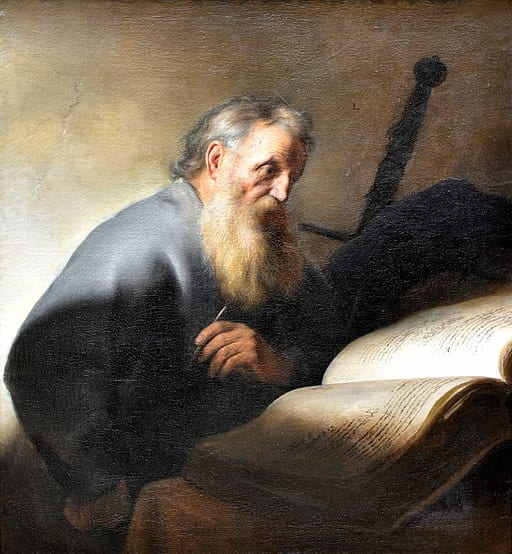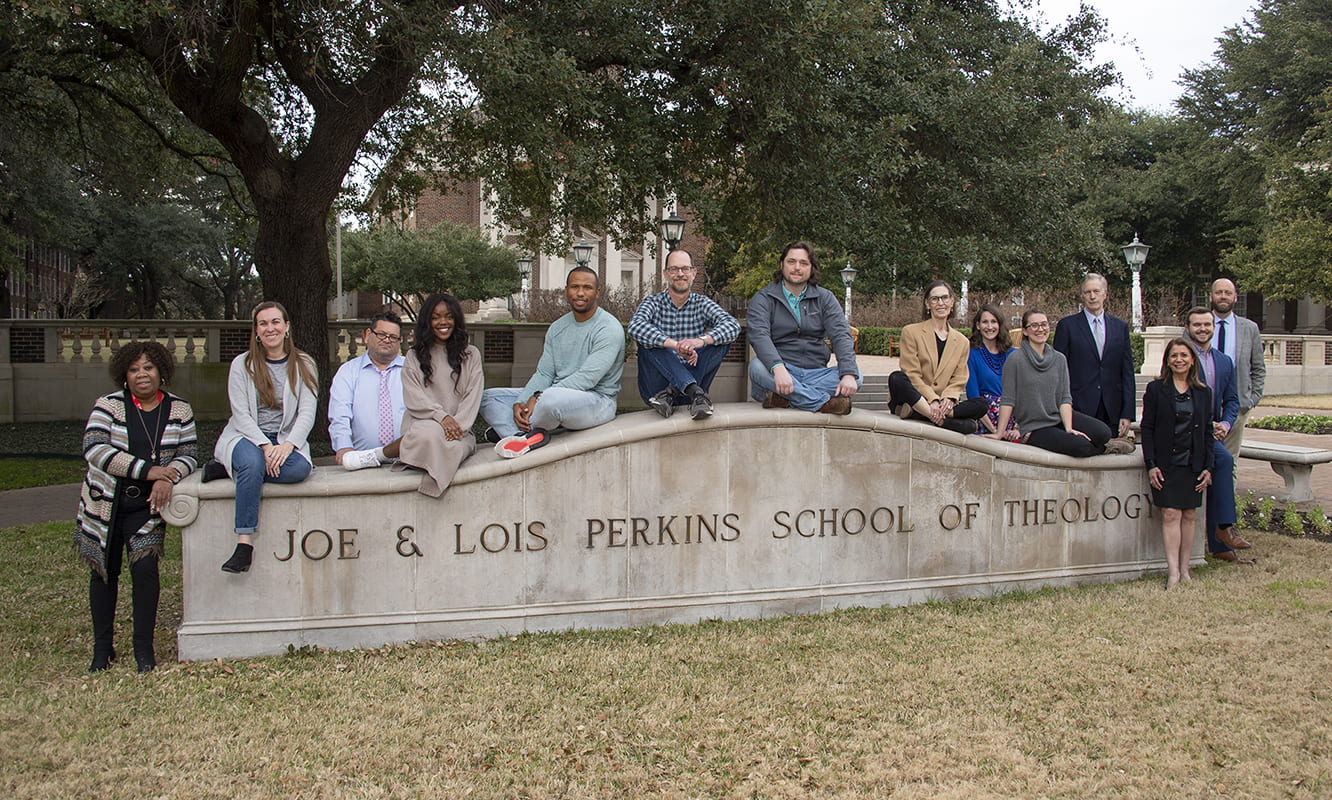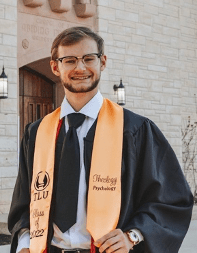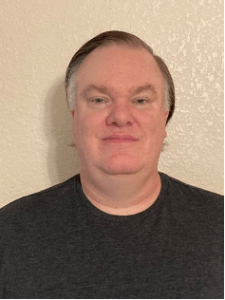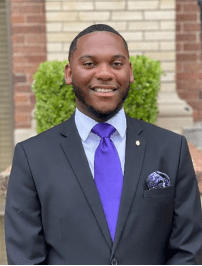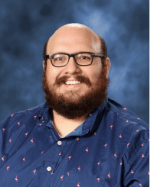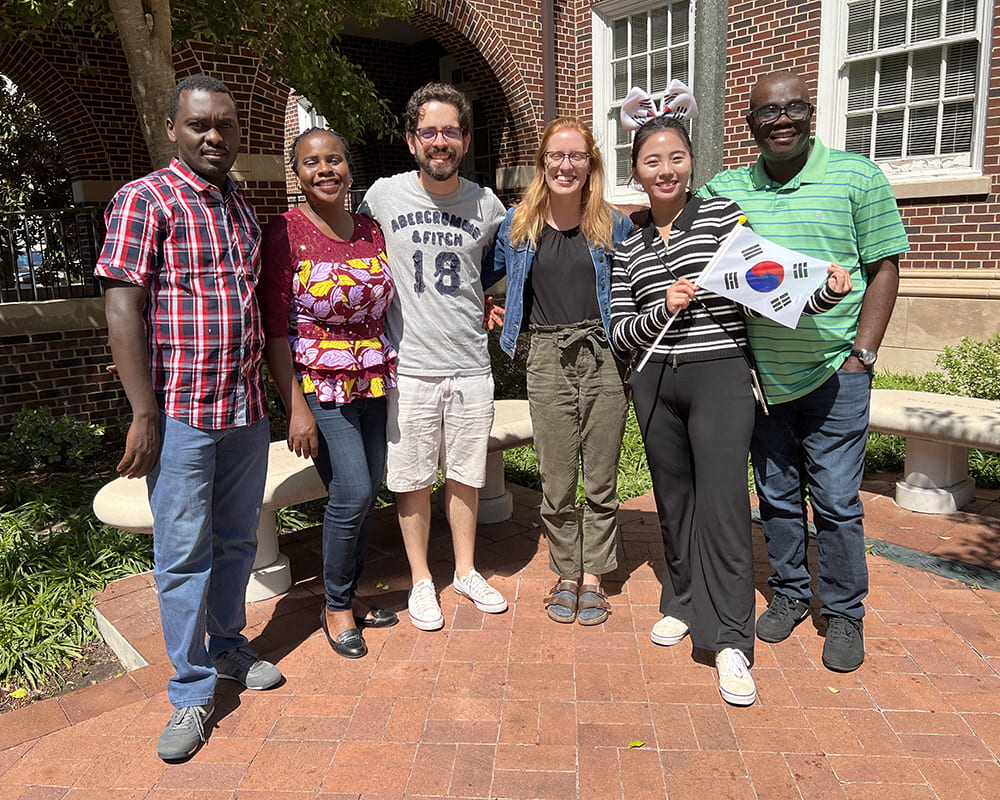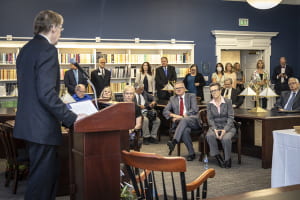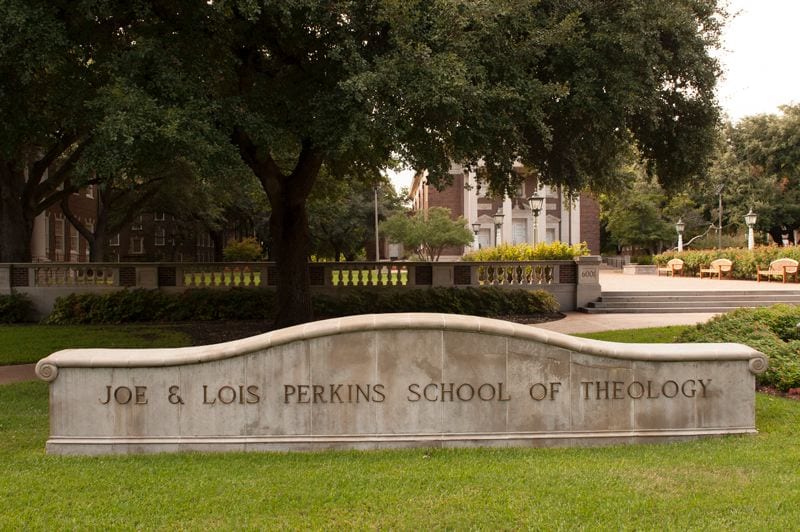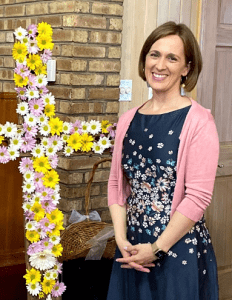Faith and the Limits of Reason: A Lesson from Romans
I am a Paul guy. I realize, of course, that the apostle to the Gentiles is a challenging figure, as the New Testament itself acknowledges (2 Peter 3:16). He needs to be read in wider biblical and historical context. Though much venerated (and vilified), Paul is not Jesus ver. 2.0. Nevertheless, much in Paul’s writing is wonderful. In the nearly three decades I taught New Testament Intro, few things made me happier than to hear students say that the class had given them a new appreciation for Paul. There are riches here of which many people are unaware.
A premier example is the book of Romans. I recall reading a Gospel tract when I was a teenager titled “The Roman Road.” It quoted a series of texts from Romans that explained human need and God’s provision for salvation. This is part of a long interpretive tradition.[1] In the first eight chapters of Romans, the Protestant Reformers found the answer to their urgent question, “How shall we be saved?” Ironically, their close identification with Paul worked both to popularize and to obscure Paul’s distinctive theological contribution. In assuming common cause with Paul, they tended to project onto Paul their own struggles with disconsolate conscience and disapproving Catholicism. So Romans came to be viewed as a kind of personal salvation manual, a road-map for guilty, lost souls in search of a forgiving, gracious God. One consequence was the orphaning of the remainder of the epistle, especially chapters 9-11, whose interest in the fate of Israel was scarcely an ongoing or pivotal Christian concern.
In fact, the matter of Israel’s future was very much on Paul’s mind as he wrote to the Roman church from Corinth, just prior to his final trip to Jerusalem. Paul was keenly aware of the relative failure of the “Jewish mission” (Galatians 2:7-8). He speaks of his “sorrow and unceasing anguish” for his “kindred according to the flesh” (9:2). It is clear that Jewish unbelief in Christ is a theological and not just a personal problem for Paul. How is it that the fulfillment of God’s purposes for Israel has resulted in an overwhelmingly Gentile church? Can God be righteous, faithful to God’s own nature and promises, and not save Israel? (Indeed, God’s righteousness is the unifying theme of Romans. See the thesis statement in 1:16-17.) In the face of his impending journey to Jerusalem, the problem must have appeared acute. Has God failed? And is Paul’s a truly righteous gospel?
Recent biblical scholarship has been more successful at placing Romans 9-11 where it properly belongs, at the center (or, rhetorically, at the climax) of Paul’s argument. The concern of Romans is not so much to explain justification by faith in Christ as to explain how such a system upholds God’s righteousness, especially God’s righteousness toward non-Christian Israel. Thus, deprived of chapters 9-11, Romans would be gravely deficient; indeed, without reading to the section’s surprising conclusion in 11:25-36, one might wonder truly if unbelieving Israel’s present status does not expose “unrighteousness on God’s part” (9:14)
Moving from Romans 8:39 to 9:1 is like walking off a precipice; having scaled the resplendent heights of chapter 8, one drops by a single step to the shadowy depths of chapter 9. “I have great sorrow and unceasing anguish in my heart” (v. 2). Why sorrow if nothing is able “to separate us from the love of God in Christ Jesus our Lord” (8:39)? Because it appears that Israel is not among the “us,” that Israel is alienated from God’s love. This is an intolerable conclusion against which Paul mobilizes two basic arguments. First, he contends that now as in the past, only a portion of Israel has been elect or faithful; therefore, one ought not to regard the present case as being exceptional either from the side of God or of Israel.
It is evident that this answer was not fully persuasive even to Paul. The word of God might not entirely have “failed” (v. 6), but Jewish Christianity remained a disconcertingly small success. Paul’s second answer locates the solution outside of present history (and therefore beyond the thwarted historical means of the Church’s Jewish mission): at the return of Christ, “all Israel”, even “disobedient” Israel, will be saved (11:25-36). In this belief, Paul finds a solution to the problem of God’s apparent unrighteousness: God, being God, must save Israel. This is a truly stunning–and for us, a most instructive–conclusion.
The shift in Paul’s argument in 11:11 is immensely important. Imagine that chapters 9-11 had ended at 11:10: “let their eyes be darkened so that they cannot see, and keep their backs forever bent.” In that case, Paul might with good reason be regarded as a thoroughgoing Christian supersessionist.[2] “Israel failed to obtain what it was seeking” (v. 7), and so Israel has been set aside in favor of the church.
Paul asks, “Have they stumbled so as to fall?” For the first time, the possibility is raised of a future change in Israel’s status. Their present “stumbling” is not to be interpreted as a permanent “fall.” As much as Paul wanted to justify the present reality (e.g., through talk of an elect remnant), he could not accept that reality as permanently justifiable. Here at last Paul offers a strong answer to the persistent question concerning God’s faithfulness toward Israel.
In conventional Jewish eschatological expectation, Israel first would be restored, and then into that redeemed Israel would stream believing Gentiles (e.g., Isaiah 2:1-4; 42:1-9; 49; 55:4-5; 60:1-7; 66:18-23). Paul reveals this “mystery” (v. 25): perceived Jewish obduracy has led to a reversal of the eschatological timetable. Now is the period of Gentile inclusion: “Through their stumbling salvation has come to the Gentiles” (v. 11). “Their stumbling means riches for the world” (v. 12). “Their rejection is the reconciliation of the world” (v. 15). “You (Gentiles) were once disobedient to God but now have received mercy because of their [the Jews’] disobedience” (v. 30).
The period of Gentile evangelization is impermanent: “a hardening has come upon part of Israel, until the full number of the Gentiles has come in” (v. 25). After the mission to the Gentiles is complete, God will complete the final drama: “So all Israel will be saved; as it is written, ‘The Deliverer will come from Zion, he will banish ungodliness from Jacob’; ‘and this will be my covenant with them when I take away their sins’” (vv. 26-27; quoting Isa 59:20-21; 27:9). “What will their acceptance be but life from the dead!” (v. 15).
So, when all is said and done, God’s election of “all Israel” stands (cf. “full inclusion” in v. 12), and God’s righteousness is vindicated (vv. 29-32). No details are offered concerning the constitution of “all Israel.” At very least, it is clear that this group includes many if not all who are now, from Paul’s perspective, “disobedient” (v. 30-31) “ungodly” (v. 26; a truly amazing characterization), and even “enemies of God” (v. 28). Unlike Gal 6:16, there is no possibility here that Paul is referring to the church as (“spiritual”) Israel.
It is critical to note that the “mystery” revealed in Romans 11:11-32 does not follow logically from 1:1-11:10. Stopping at 11:10, one would conclude that only a small remnant of Israel is or ever will be saved. The church’s mission to the Jews failed, and that is that. But present appearances belie ultimate realities (cf. 8:31-39). The resolution to Paul’s “sorrow and unceasing anguish” (9:2) is found at length in his trust in the ultimate triumph of God’s righteousness. The issue finally is decided, not by reason, but by faith, by trust in God’s character.
Fittingly, Paul’s disclosure of the divine plan leads him to doxology (v. 33ff.), an expression of awe at the greatness of God who uses even “disobedience” to produce “mercy” (vv. 30-31). Of course, it is not God‘s inscrutability or power alone that compels Paul’s adoration; above all, it is God’s righteousness that is proved in God’s “ways” and “judgments.” In his understanding of God’s mysterious plan for Israel, Paul has parted the veil and glimpsed “riches,” “wisdom,” and “knowledge” beyond human calculation. At the end of disputation, Paul points to God’s future, believes in God’s triumph, and worships.
Paul could not reason his way to a satisfactory answer, so, in a sense, he hands the problem back to God. If Paul could do that, then surely we can as well. We do not have to have the answer to every question. Knowing God’s character, we can trust where we cannot know.
[1] Much of the text below is drawn directly from or paraphrases my commentary on Romans, which is part of The Oxford Bible Commentary (Oxford: Oxford University Press: 2013), ed. John Barton and John Muddiman, pp. 1083-1108. Used by permission of Oxford University Press. See https://global.oup.com/academic/product/the-oxford-bible-commentary-9780199277186?cc=us&lang=en&.
[2] That is, one who believes that the church has fully superseded, or replaced, Israel.
